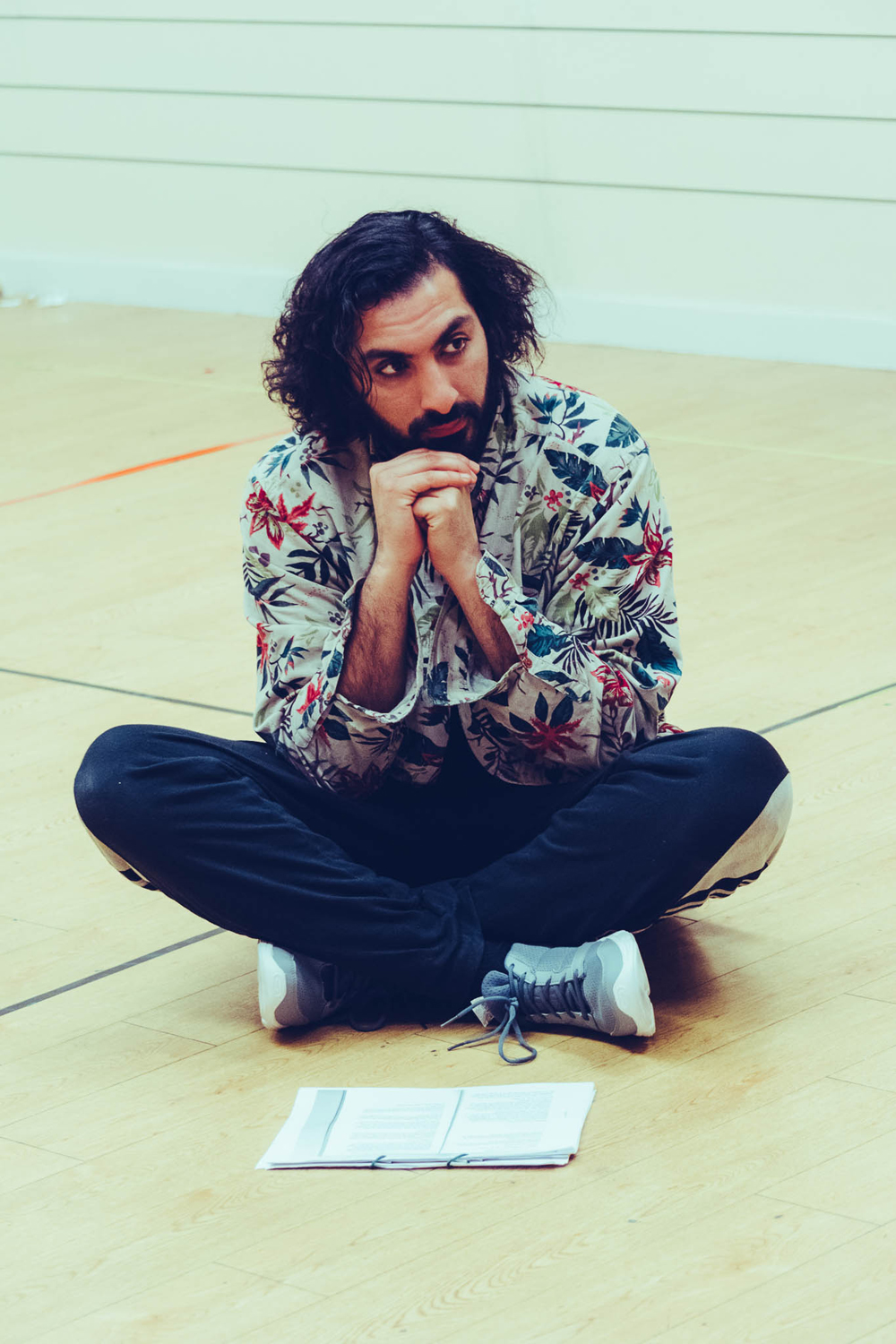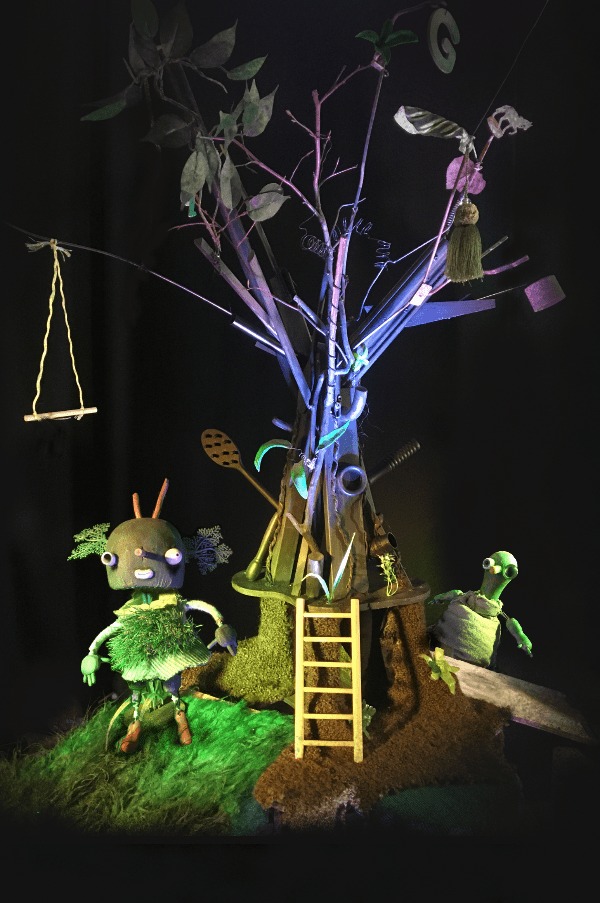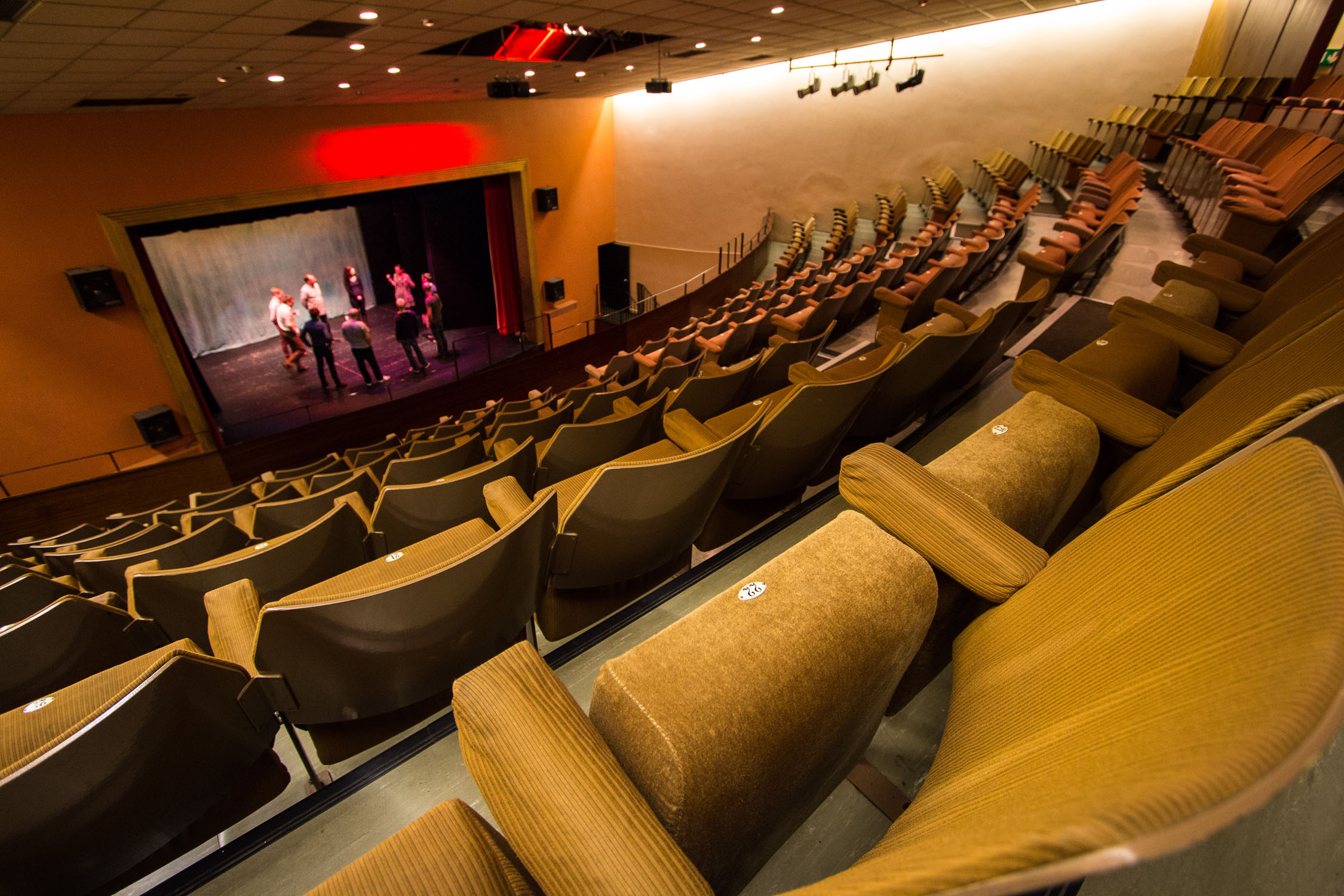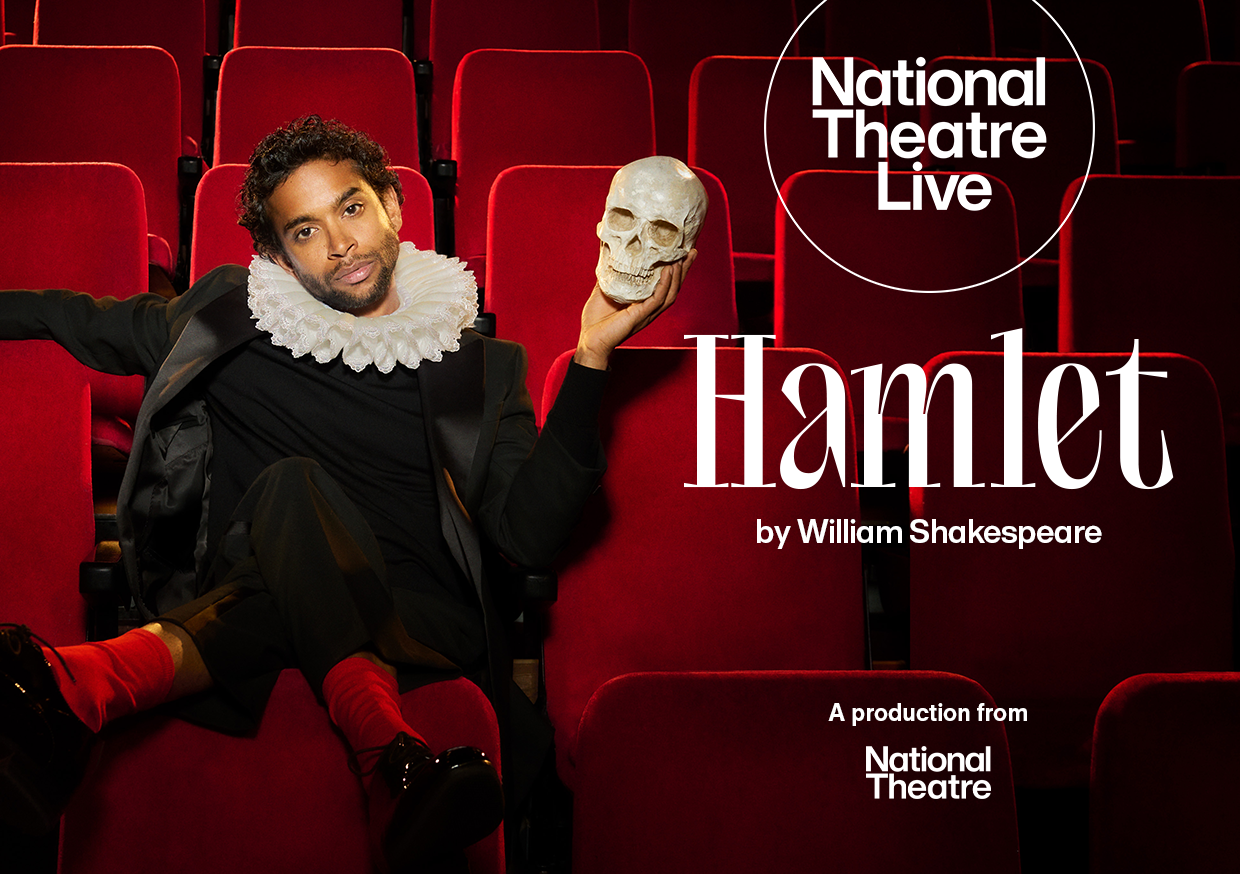Hassun El Zafar's work in theatre and education has been nothing if not varied, but always driven by a desire to create social change. He's a former science teacher, who also taught children in the Calais refugee camp. He trained as a producer at Sheffield Theatres, took on the role of director of Black History Month, and was involved in the city's first international science festival. He's even done science magic tricks in a council meeting, when the then Lord Mayor Magid Magid invited him in during a break in proceedings to wow our elected officials with toy rockets and physics stunts.
In 2019, Hassun was at Theatre Deli to direct the first northern staging of My Name is Rachel Corrie, the story of the 23-year-old American activist who was killed by an Israel Defense Forces bulldozer as she tried to protect a Palestinian home. Following her death in 2003, Alan Rickman and the Guardian's editor-in-chief Katherine Viner pieced together a script from Rachel's diaries and emails to her parents, so that directors like Hassun could bring her life to the stage in her own words. In 2021, he returns to Theatre Deli with his new show There is no Planet B, covering the devastating impact of climate change on communities the UK.
We spoke to Hassun to find out more about his motivations and his deep, deep love for Sheffield.
How would you describe your work?
My work is primarily in theatre. It’s about bringing stories to audiences, and doing it to inspire them to be able create some sort of social change. Creating informed stories and bringing them to people who may not have felt that these stories were applicable to them, and fundamentally aiming to, in a minute way, make the world a better place.
How do you choose the themes you work with?
There are so many stories that I feel are so relevant to today’s situation – whether it’s a political story, an environmental story, a historical story. Everything that I do is pushing towards some element of social chance, that’s a big driving factor. I also want to give people an enjoyable experience that they will remember. That applied to me as a teacher too – every lesson that a child came in, my aim was to make it one that they will remember, so when they’ve left school they can relate something back to that lesson where they did something that had an impact. Maya Angelou has a beautiful quote that “people will forget what you said, people will forget what you did, but people will never forget how you made them feel”. That’s the essence of whatever work I do, giving people a feeling that makes them hopeful or empowered.
What's your workspace like?
Right now it’s a rehearsal room. Rehearsal rooms are inherently fused with ideas and creativity – there’s a huge amount of pictures on the wall, and the wall becomes a canvas of every person’s mind in that room. It’s a place where you can become absorbed in ideas, try them out, take them away, cut them, edit them, mix and match them. When I was a science teacher I always had something peculiar like a Van de Graaff in the corner – I like to have creative things lying around, ready to bring to life.
What, who or where should be better known in Sheffield?
Anyone who is in Sheffield is missing out if they haven’t had a meal in Burngreave or Spital Hill. Whether that’s Kurdistan or Shaz Shawarma, whether that’s Diyafa, whether that’s Damascus or Jerusalem – you’ve got to have a meal there to know that you’re fully a Sheffielder. It’s a place that really celebrates Sheffield’s diversity. Another thing, the Peaks. It breaks my heart when I meet people who’ve been in Sheffield for three or four years and they haven’t been to the Peak District. Get on that bus – 272, 271 – get to Fox House, do a random walk, get lost. If you’re really up for adventure, Wyming Brook is an absolutely beautiful nature reserve.
What would you change about the city?
Absolutely nothing. In Sheffield you either like us or you love us. It’s a beautiful city with incredible people, I’m so proud that I was born here. I kind of become an ambassador for the city wherever I am in the world. It’s a big thing for me to be part of this city and the welcoming nature of it, the first city of sanctuary in the world. It’s got a vibe almost like a big village and that’s exactly what I want. It has this unique nature that its city centre is quite small and welcoming, and I think it could do even more with bringing festivals to the centre, like we’ve got with things like DocFest and Migration Matters. It’ll develop and grow, and I hope it does in the right way – I don’t want it to be Leeds, I don’t want it to be Manchester.
Hassun El Zafar's next show, There is no Planet B, is at Theatre Deli on 1–3 December 2021 – find out more.
- Featured in
- Sheffield theatre guide







